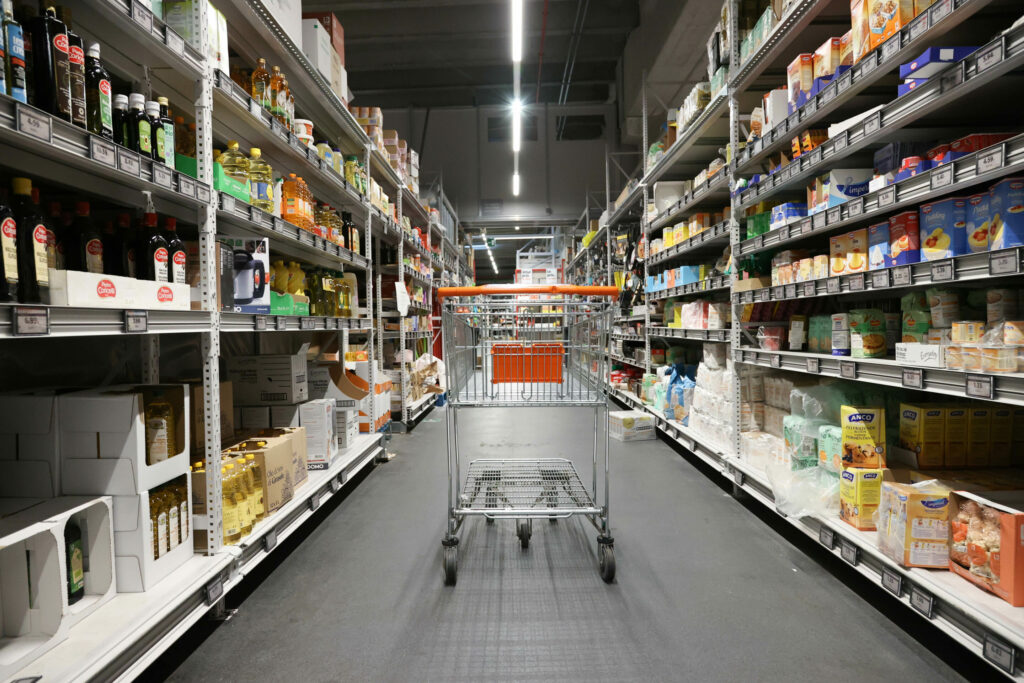For the fifth month in a row, grocery shopping has become more expensive: in November, in-store prices rose 3.23% compared to the same month last year, according to consumer protection organisation Test Achats.
At 3.23%, food inflation has slowly been rising every month since June 2024. Moreover, the percentage has not dropped below 2% (the inflation target) since January 2022.
"Not surprisingly, groceries have become massively expensive compared to the beginning of 2022. For a shopping cart, you pay 28% more now than in January 2022," Test Achats said in a press release.
Besides chocolate, olive oil and shrimps, which have been very expensive for some time, pears by the conférence brand stood out last month. They were 26% more expensive than last year.
Chocolate and olive oil
This was a result of heavy rainfall this spring, which led to a disappointing harvest. Other fruits, such as Granny Smith apples and seedless grapes, are also quite expensive compared to last year and cost 12% more than last year. On average, fruit is now 5.4% more expensive than a year ago.
Products such as olive oil and chocolate have been quite expensive for several months: the price for 100g of chocolate hovers around €1.5, compared to €1.15 in November last year and even €1.03 three years ago, at the beginning of the sharp increases.
Olive oil also takes a firm bite out of the household budget: prices are now heading towards €13/L on average, compared to less than €9/L three years ago.
However, not everything is more expensive. Pine nuts, for example, have become cheaper and are even less expensive now than before inflation. The average price is now €5.56 for 100 grams, compared to €5.67 in January 2022. Wet wipes have also become cheaper: €1.45 for a box of 80 wipes, while it was €1.65 in January.
For three years now, Test Achats has been monitoring price developments in seven supermarket chains (Albert Heijn, Carrefour, Colruyt, Cora, Delhaize, Aldi and Lidl) and calculating inflation in Belgium.

